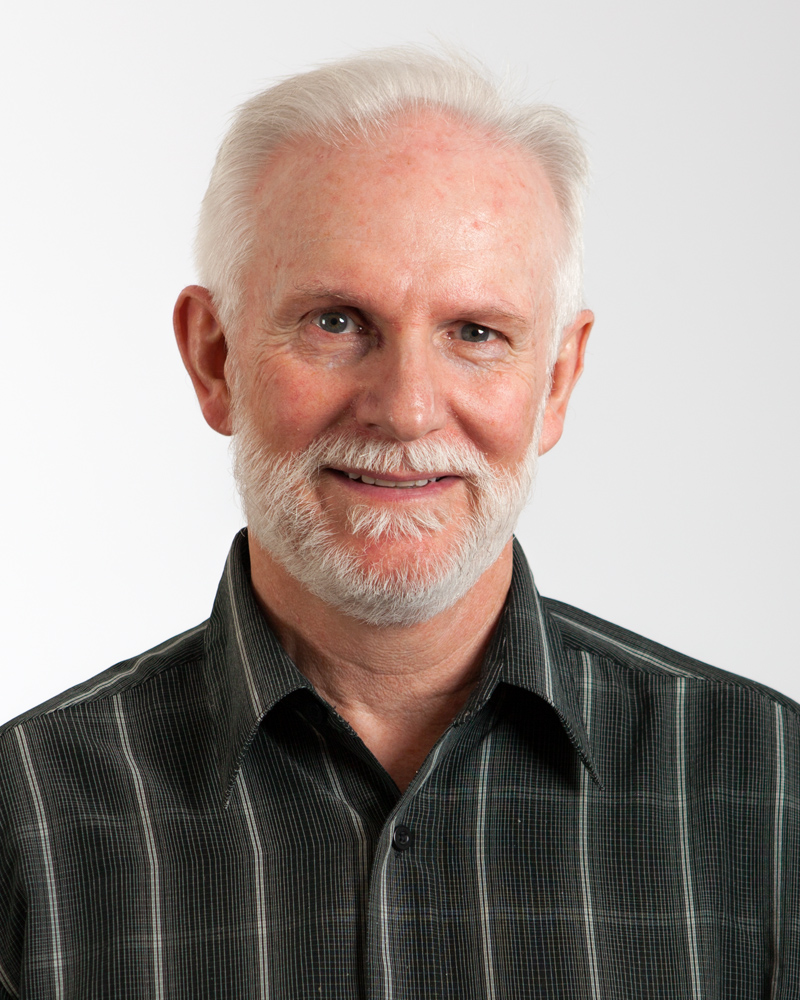.jpg)
An upcoming series of chapel talks titled “The World of J.R.R. Tolkien” will depict connections between myth and Christianity to students. The four discussions hosted by the Center for Christianity, Culture and the Arts will span Nov. 18 through Nov. 21 and are each worth one chapel credit.
Though a professor and philologist, J.R.R. Tolkien is perhaps best known for his fantasy works “The Lord of the Rings,” “The Hobbit” and “The Silmarillion.” The film versions of “The Lord of the Rings” came out in the early 2000s and are some of the highest-grossing films of all time. “The Hobbit” was also adapted as a three-part series for film, with the second set to release on Dec. 13.
Senior anthropology and psychology major Amanda Hilpert said she felt a lot of students would attend the chapels because of the popularity of the books and movies.
“I think that since the movies are pretty popular, a lot of people would go. I would go because they sound interesting to me,” Hilpert said.
Faculty member of the Torrey Honors Institute Chris Mitchell and professor of philosophy Peter Kreeft of Boston College are the featured speakers during the chapels. Kreeft will only speak in the opening chapel at Chase Gymnasium on Nov. 18, but Mitchell will lead the following three chapels in a series he titled “Myth and the Human Story.”
“The central thing I’m trying to get across is the relationship between myth and the human story. What I hope to do is connect dots — connect the human race’s reflection on our story versus God’s reflection on our story,” Mitchell said.
The series will examine the works of Tolkien, as well as those of the writers and theologians C.S. Lewis and G.K. Chesterton — how all of these read the gospel like a normal story, and how they embodied this work into creating their own imaginary worlds.
Mitchell said that these authors were able to connect the human story with God’s own rendering of the human story in a way that leaves their audience enchanted
BRINGING MIDDLE-EARTH DOWN TO EARTH
“They do it in such a way that grasps you and takes a hold of you. You don’t come out of that world despising it, but you come out of that world enlightened by it,” Mitchell said.
Senior film major Matthew Little said he liked how Tolkien used Christian themes in his stories.
“I do think that Tolkien is a genius in the way he writes his stories, how he emphasizes certain themes. It makes you appreciate Tolkien a lot more, and it’s cool that it was made into an actual motion picture,” Little said.
As a graduating senior, Little said that he wanted to use Tolkien’s strategies for presenting Christian themes in the film industry.
Junior intercultural studies major Lauren Cline has not read Tolkien’s books and has only seen “The Lord of the Rings: The Fellowship of the Ring,” though she did not like the film. She said she thinks most students would attend the chapels, and she liked how Biola is providing more chapels that are themed with topics being discussed in classrooms. However, she is not likely to attend.
“I think it’s great that they try to give us chapels that are characterized and designed around school topics. But for me, I guess I try to get to the chapels that I can when I’m not overwhelmed with homework,” Cline said.
Mitchell said students should attend the chapels to understand the influence of Tolkien and Lewis, but to also have a deeper appreciation of the human story.
“There is an integrity about the human person that you can’t find in any other creation account,” Mitchell said in reference to the gospel. “God creates us because he wants to, not ‘cause he has to.”







